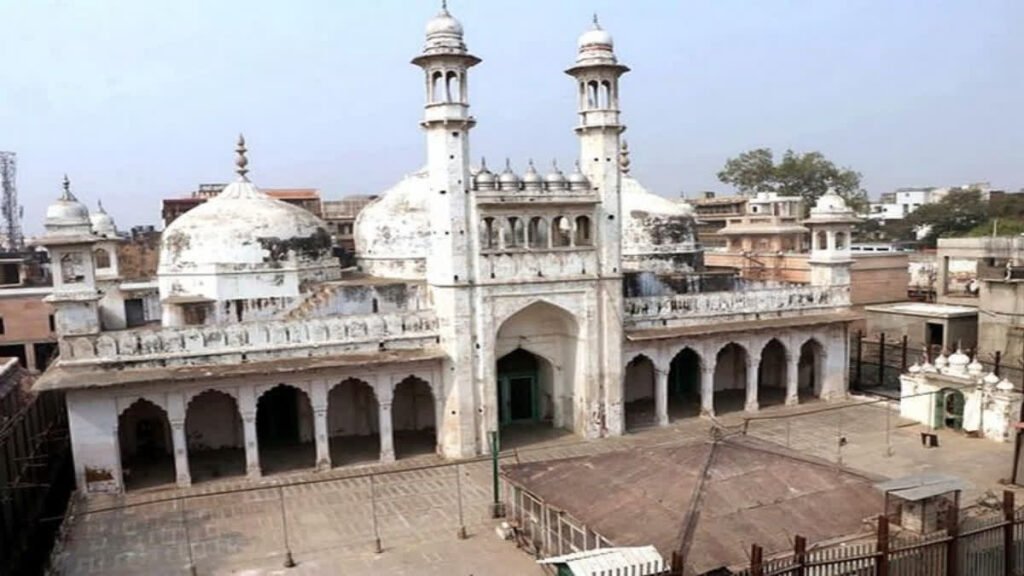
In a significant development regarding the Gyanvapi dispute in Varanasi, the court has granted the Archaeological Survey of India (ASI) an additional 10 days to finalize and submit its survey report. Hindu side counsel Madan Mohan Yadav confirmed the extension granted by the Varanasi district judge Ajaya Krishna Vishvesha on Thursday, following ASI’s plea for an extended deadline.
The ASI had initially petitioned the court on November 28, requesting three weeks to conclude the Gyanvapi survey and present the comprehensive report. The recent court hearing, held on November 29, culminated in the decision to allow an additional 10 days for the submission of the crucial report.
Amit Kumar, the standing government counsel representing ASI, cited Judge Ajaya Krishna Vishvesha’s order, stating, “This court expects that within the provided time, the ASI shall positively file the report and will not seek further time.”
The court has scheduled the next hearing for December 11, underscoring the urgency and significance of the pending ASI report in the Gyanvapi dispute.
The ASI embarked on the survey within the Gyanvapi premises on August 4, as directed by court orders. This survey, excluding the sealed section of the 17th-century mosque, aimed to ascertain whether the structure was constructed atop a pre-existing Hindu temple.
Highlighting the complexities involved, the ASI elucidated that experts are meticulously analyzing various data sources, including inputs from archaeologists, surveyors, and other specialists. This assimilation of diverse information, the ASI explained, demands a meticulous and time-consuming process, necessitating an extension for finalizing the comprehensive report.
The legal proceedings have witnessed several extensions granted to ASI for completing the survey and submitting the detailed report. The recent extension, although granting additional time, emphasizes the expectation for a prompt and conclusive submission.
The Gyanvapi dispute, upheld by the Allahabad High Court, necessitated the survey as a measure “in the interest of justice,” with potential implications for both Hindu and Muslim stakeholders. However, objections surfaced during the proceedings, with the mosque management committee expressing concerns over alleged unauthorized digging activities within the mosque complex.
Additionally, the Gyanvapi committee sought recourse in the Supreme Court against the high court’s directive. Although the apex court declined to halt the ASI survey, it prohibited invasive acts during the survey, ruling out excavations as proposed by the Varanasi court.
The Gyanvapi survey remains a focal point in the ongoing legal tussle, highlighting the complexities, sensitivities, and significance of the historic dispute within Varanasi’s socio-religious fabric.
Sources By Agencies

